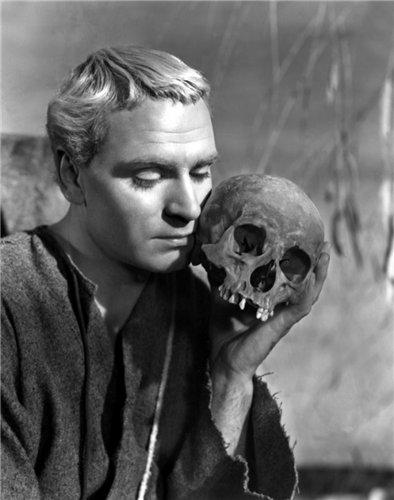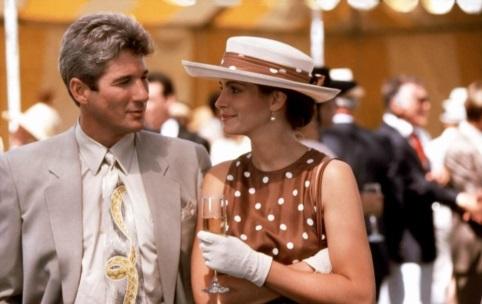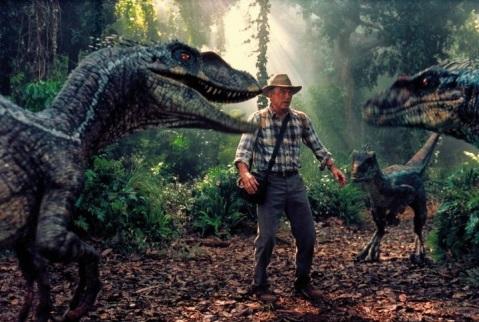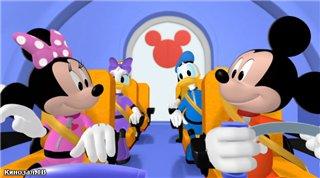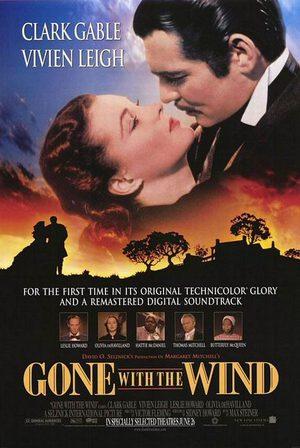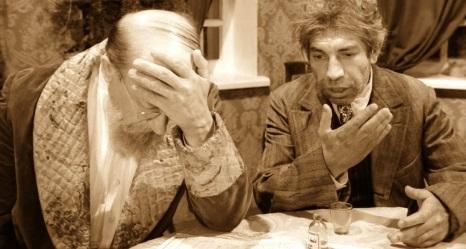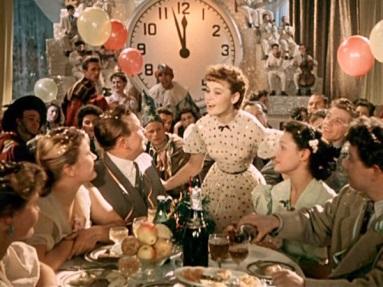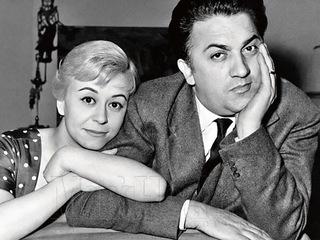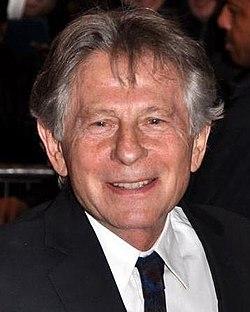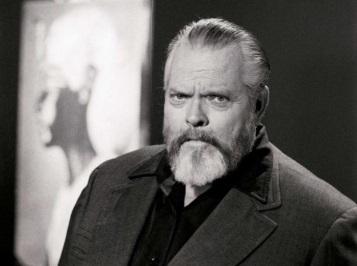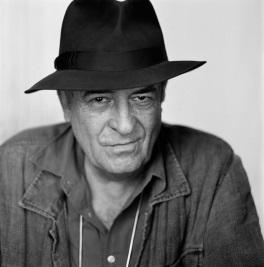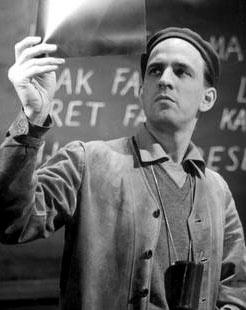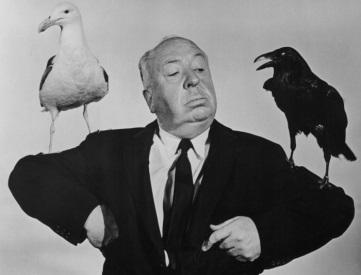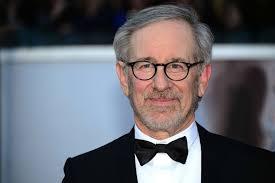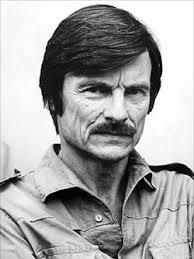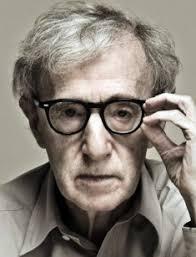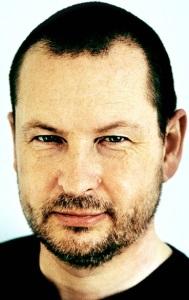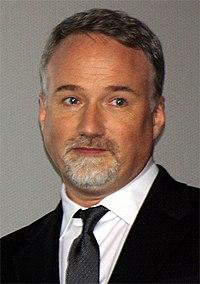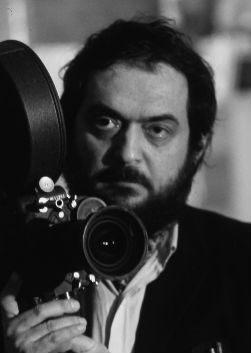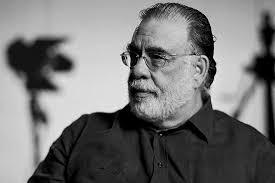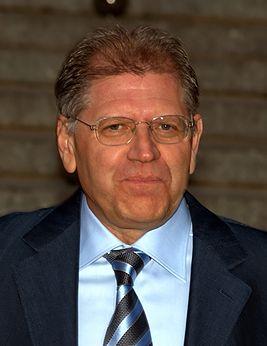Просмотр содержимого документа
«Упражнения по теме Cinema / Кино»
1. Read the text and make the exercises below.
Cinema: How It All Began
The modern theatre developed from the Ancient Greek one, so it has several millennia of history.
Cinema is much younger than theatre. It was born at the end of the 19th century. The first people who showed the first films to a paying public were the Lumière [‘lu:mieə] Brothers of France. They did this at the Grand Café, Boulevard des Capucines [‘bu:ləva:də,kɔpu’tʃini], Paris, on the 20th February 1896. This was the first cinema show and it was quickly followed by many others in all parts of the world. The first films showed moving people and transport or newsreels [‘nju:zri:lz] of processions and wars, and short comedies. In 1901 France was the first country to produce a dramatic film, The Story of a Crime, which was followed by The Great Train Robbery in the United States in 1903.
At first, films were shown anywhere: in music halls, clubs and shops. By 1908, special film theatres were being built to give regular programmes. At this time cinema rapidly developed in both the New and the Old World. Charlie Chaplin made his first film, Making a Living, in 1914 in the USA.
The Russian film industry was now going its own way. It produced such great films as Protazanov’s The Queen of Spades (1916) and Father Sergius [‘sə:ʤiəs] (1918). Both films starred Ivan Mosjoukhin, the famous actor. A little later Russia’s great achievement in cinema was connected with its directors such as Eisenstein [‘aizinstain] (The Battleship “Potemkin”), Pudovkin (Mother), Kuleshov (By the Law), Dovzhenko (Earth), and others.
Then, in 1927, Warner Brothers in Hollywood made the first film in which an actor sang and spoke. The film was called Jazz Singer. It opened a new era in films – the era of the “talkies”. The film mostly told its story with titles, but it had three songs and a short dialogue. There were long lines of people in front of the Warner Theatre in New York. The silent film was dead within a year. The first one hundred percent sound film, Lights of New York, appeared in 1928. The first colour film were made in the 1930s, but the black-and-white films are made even today.
Exercise 1. Answer the questions.
1. When cinema was born?
2. What country produced the first dramatic film?
3. Why is the film Jazz Singer important in the history of cinema?
4. How many names of films, actors and directors mentioned in the text can you remember?
Exercise 2. Translate into English.
| 1. публика, которая платит деньги 2. хроники новостей, показывающие процессии и войны 3. искусство кино быстро развивалось 4. великие достижения России в области кинематографии | 5. с помощью титров 6. длинные очереди 7. немые фильмы 8. полностью звуковой фильм 9. цветные фильмы 10. черно-белые фильмы |
Exercise 3. Find in the text the names of these films.
| 1. Зарабатывая на жизнь 2. История преступления 3. Пиковая дама 4. Огни Нью-Йорка 5. Броненосец «Потемкин» | 6. Большое ограбление поезда 7. Отец Сергий 8. По закону 9. Земля 10. Мать |
2. Match the names of these films with their types.
| 1 | a musical | A | a film about space travel or life in an imaginary future |
| 2 | a western | B | a film about criminals and detectives |
| 3 | a comedy | C | a film with lots of music and dance |
| 4 | a science fiction film | D | a film about cowboys and life in the Wild West |
| 5 | a crime film | E | a funny film with a happy ending |
| 6 | a horror film | F | a film in which mysterious and frightening things happen |
3. Guess the film profession.
| 1. You tell the actors what to do: you are a) Director b) Producer c) Cameraman 2. Your uncle is financing the film. What is he called? a) The director b) The producer c) The bank manager | 3. Your sister created the story and wrote the actors’ words. She is: a) A scriptwriter b) An editor c) A playwright 4. The person who puts all the different pieces of the film together is called: a) A cameraman b) An editor c) A scriptwriter |
4. Guess what genres these films can be referred. Name them:
5. Match the first names with the surnames of famous directors.
| 1 | Woody | A | Spielberg |
| 2 | Orson | B | Bergman |
| 3 | Alfred | C | Allen |
| 4 | Ingmar | D | Bertollucci |
| 5 | Bernardo | E | Tarkovsky |
| 6 | Steven | F | Welles |
| 7 | Federico | G | Polanski |
| 8 | Roman | H | Hitchcock |
| 9 | Andrei | I | Fellini |
6. Match the name of famous directors with their portraits.
| Woody Allen David Fincher Alfred Hitchcock Lars von Trier Ingmar Bergman Bernardo Bertollucci Francis Ford Coppola Steven Spielberg Robert Zemeckis Federico Fellini the Coen brothers Roman Polanski Stanley Kubrick Andrei Tarkovsky Orson Welles |
7. Match the names of famous directors with their films.
| 1 | Woody Allen | A | Jaws; Indiana Jones; Jurassic Park; Schindler’s List; Saving Private Ryan |
| 2 | David Fincher | B | Last Tango in Paris; Tragedy of a Ridiculous Man; Stealing Beauty; The Dreamers |
| 3 | Alfred Hitchcock | C | Fargo; Bad Santa; Romance & Cigarettes; Burn After Reading |
| 4 | Lars von Trier | D | Rosemary’s Baby; The Ninth Gate; The Pianist; La Vénus à la fourrure |
| 5 | Ingmar Bergman | E | 2001: A Space Odyssey; A Clockwork Orange; The Shining; Full Metal Jacket |
| 6 | Bernardo Bertollucci | F | City of Women; And the Ship Sails On ; 8 1⁄2; La Dolce Vita |
| 7 | Francis Ford Coppola | G | Ivan’s Childhood; Andrei Rublev; Solaris; The Mirror; Stalker |
| 8 | Steven Spielberg | H | I Wanna Hold Your Hand; Who Framed Roger Rabbit; Back to the Future; Death Becomes Her; Forrest Gump; The Reaping |
| 9 | Robert Zemeckis | I | Mario Puzo’s The Godfather; Apocalypse Now; Sleepy Hollow |
| 10 | Federico Fellini | J | Rope; Rear Window; Psycho; The Birds; Vertigo |
| 11 | the Coen brothers | K | Everything You Always Wanted to Know About Sex * But Were Afraid to Ask; Love and Death; New York Stories: Oedipus Wrecks |
| 12 | Roman Polanski | L | Fight Club; The Curious Case of Benjamin Button; Girl with the Dragon Tattoo; The Social Network |
| 13 | Stanley Kubrick | M | Music in Darkness; Wild Strawberries; The Virgin Spring; All These Women; Fanny and Alexander |
| 14 | Andrei Tarkovsky | N | Nymphomaniac; Dancer in the Dark; Dogville; Antichrist; Melancholia; The House that Jack Built |
8. Listen to the songs from famous Soviet films and match their names with the names of those films.
| 1 | Keep your chin up! | A | Ah, vaudeville, vaudeville… |
| 2 | Suddenly the door creaked like in a fairy tale… | B | Go, forward, marineguards! |
| 3 | Fortune teller | C | Cruel romance |
| 4 | And in the end I will tell | D | Ivan Vasilievich changes his job |
| 5 | An apple | E | Ordinary wonder |
| 6 | Administrator Couplets | F | The Irony of Fate, or Enjoy Your Bath! |
| 7 | I asked the ash… | G | Gypsies Are Found Near Heaven |
| 8 | Your Honor, Lady Luck | H | The 31st of June |
| 9 | Alexandra | I | Twelve chairs |
| 10 | Wind of change | J | Enchanters |
| 11 | Three white horses | K | White Sun of the Desert |
| 12 | My sail is whitening… | L | Mary Poppins, Goodbye |
| 13 | I am looking for you | M | Moscow Does Not Believe in Tears |
9. Match the photos of the famous actors with their names.
| 1 | 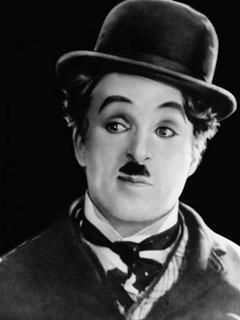
| A | Alain Delon |
| 2 | 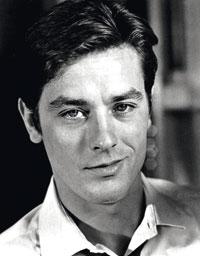
| B | Charlie Chaplin |
| 3 | 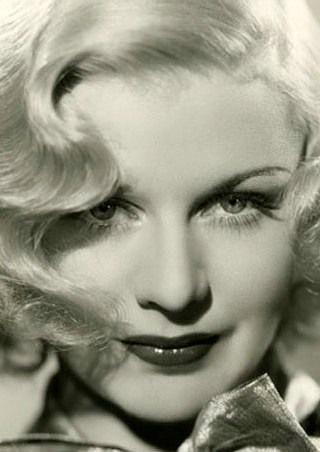
| C | Catherine Deneuve |
| 4 | 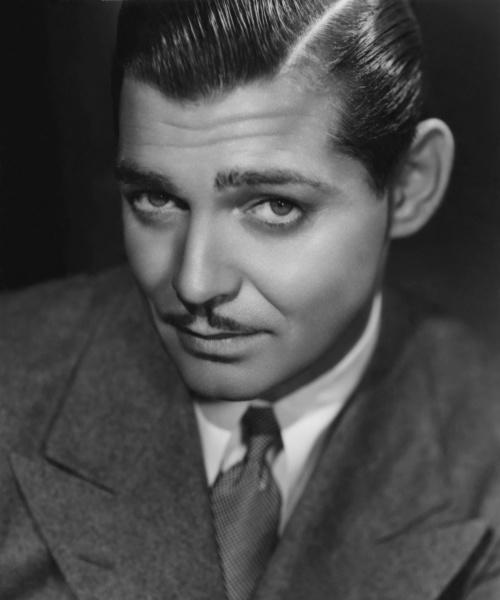
| D | Grace Kelly |
| 5 | | E | Cary Grant |
| 6 | | F | Clark Gable |
| 7 | | G | Elizabeth Taylor |
| 8 | | H | Ginger Rogers |
| 9 | | I | Gérard Philipe |
| 10 | | J | Rudolph Valentino |
| 11 | | K | Vivien Leigh |
| 12 | | L | Marilyn Monroe |
| 13 | | M | Audrey Hepburn |
| 14 | | N | Marlon Brando |
| 15 | | O | Marlene Dietrich |
3







